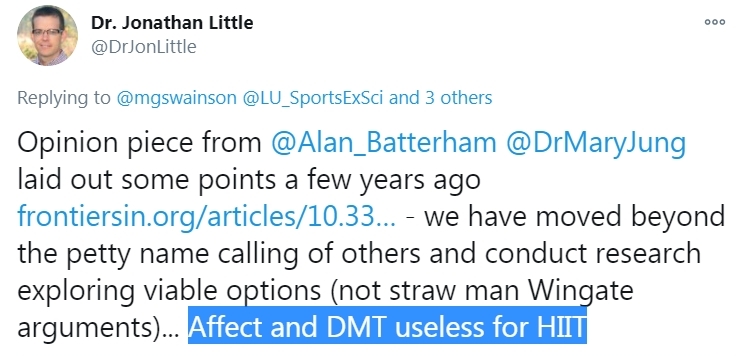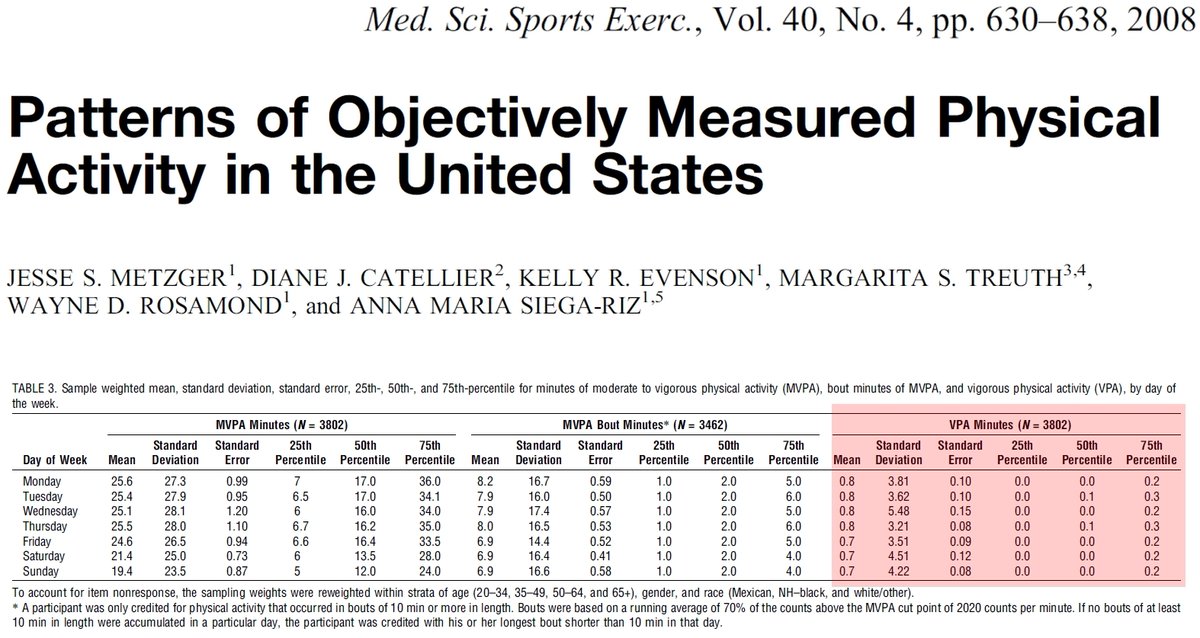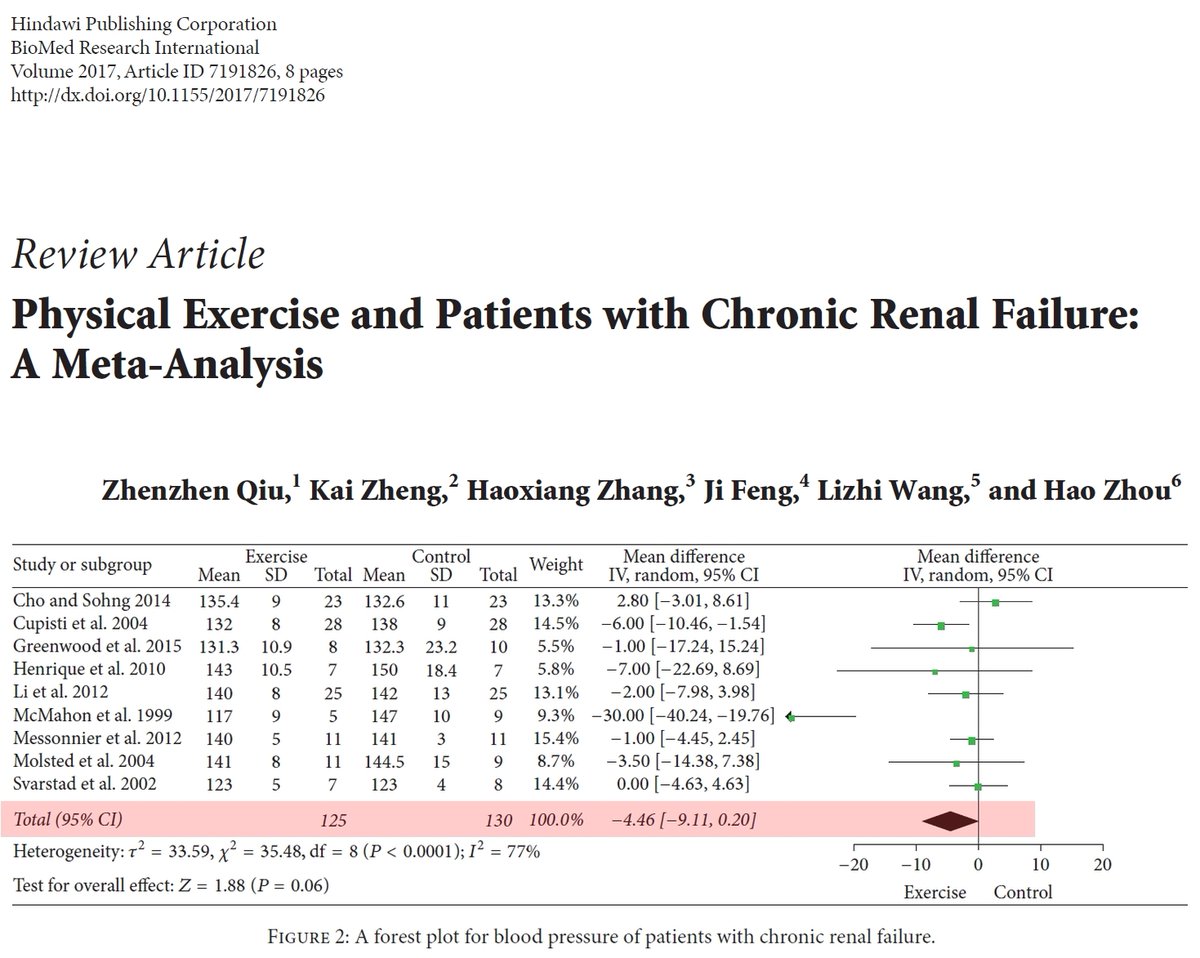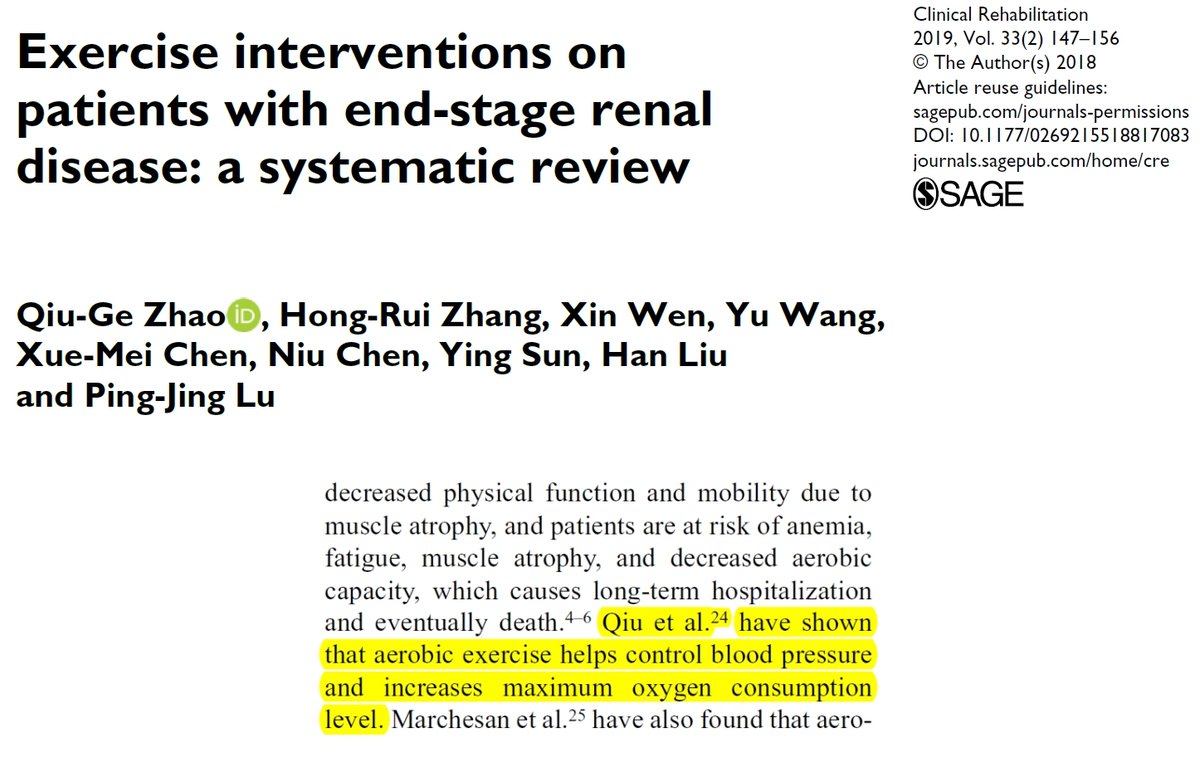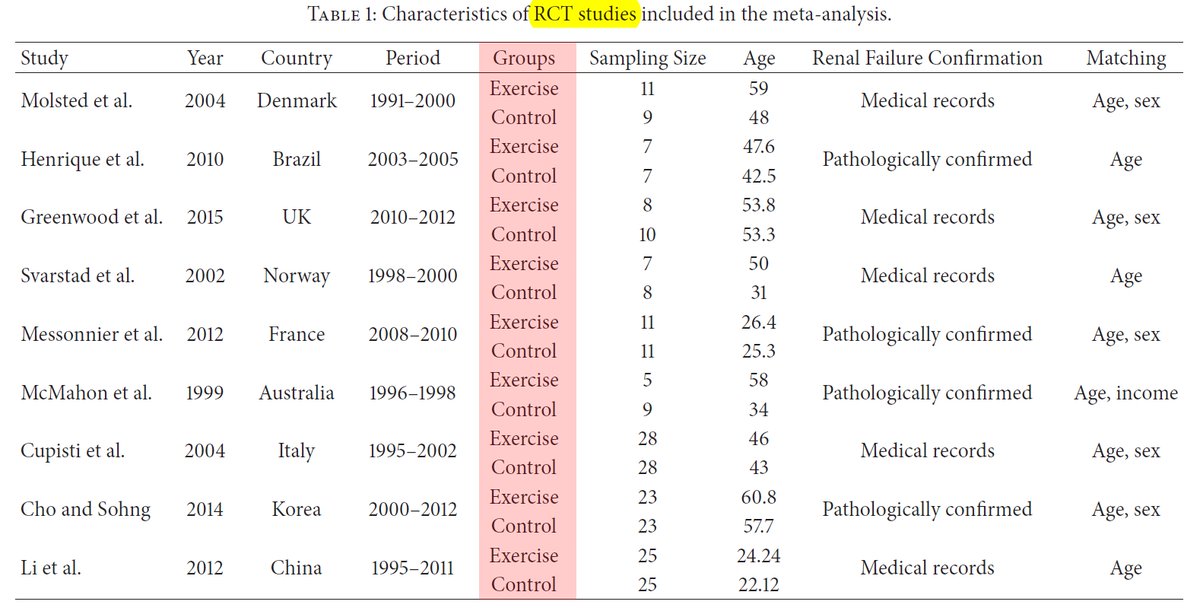
So, @NICEComms released the latest draft of its updated guidelines for the treatment of adult #depression. Although the timeline can be unpredictable, we're probably getting close to the final version. Let's do a thread!
nice.org.uk/news/nice-crea…
nice.org.uk/news/nice-crea…
If there was ever any doubt that "evidence-based medicine" should NOT be taken to imply sole reliance on the evidence and nothing else, depression guidelines are a prime example. The problem is so large and the treatment options so poor that this is, to a great extent, political.
To remind everyone, in the distant 2004, with Clinical Guideline 23 (CG23), NICE pioneered the "stepped care model" for the treatment of depression and the idea of using exercise for cases of mild depression. 

There is no evidence that physicians changed their practice of prescribing antidepressants even for mild depression. However, this was a bold symbolic move that enraged the pharma lobby, especially because everyone understands that the @NHS is a model for the rest of the world.
Also in 2004, Lord/Baron (now) Professor (then) @RichardLayard, as a member of Prime Minister Tony Blair's "Strategy Unit," first presents the idea that Britain was facing a huge mental health crisis, largely as a result of the economic policies of Margaret Thatcher. 

The initial presentation to the Prime Minister later, in 2006, turns into "The Depression Report," in which @RichardLayard introduced the idea of a massive social program, to hire 10,000 "therapists" to go out there and "cure" the country of its depression. 
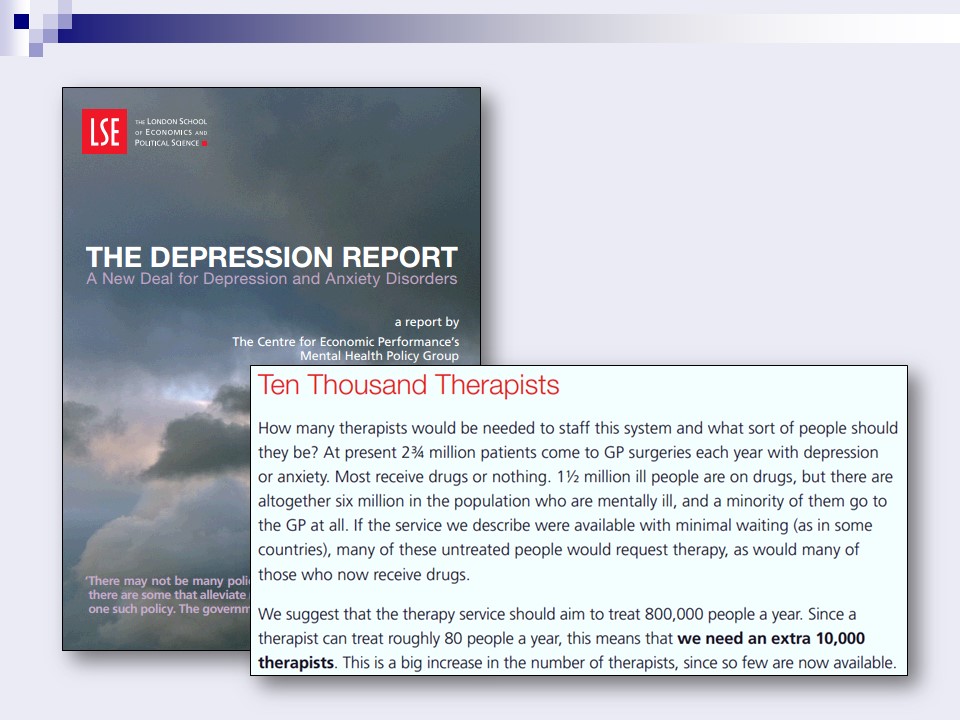
This led to the launch of the Improving Access to
Psychological Therapies (IAPT) program, whose success depends on who you ask, and the massive strengthening of the @BABCP and the psychotherapy lobby.
Psychological Therapies (IAPT) program, whose success depends on who you ask, and the massive strengthening of the @BABCP and the psychotherapy lobby.

In 2008, two landmark papers about antidepressants were published. First, Irving Kirsch replicated earlier findings that the efficacy of antidepressants is moderated by initial symptom severity, with no meaningful difference from placebo for those with less than severe symptoms. 

Second, @eturnermd1 et al. showed what everyone suspected, namely that the pharma companies were using selective publication to manipulate the appearance of the evidence in favor of antidepressants. The average inflation of the "apparent efficacy" was 32%. 

Around 2007-2008, the British press was full of claims and counterclaims about what works "best," pills or talking therapies. On the one hand, talking therapies were beginning to get hundreds of millions in government money. People were quitting their jobs to become "therapists." 



On the other hand, Big Pharma was going berserk, fearing that the push for talking therapies would hurt one of its most lucrative markets. So, numerous talking heads were "incentivized" to play up the benefits of antidepressants compared to talking therapies. It was dog eats dog. 



In 2009/2010, NICE published Clinical Guideline 90 (CG90), its updated guidance for the treatment of adult depression. This was supported by a 700-plus page review of the evidence, a much more open-minded and comprehensive effort than the 2010 guidelines of the @APAPsychiatric. 

Despite pressures, CG90 doubled down on the stepped-care approach, NOT recommending antidepressants for cases of subthreshold, mild, and even some cases with moderate depression (i.e., the vast majority of patients with depression-related complaints at the level of primary care). 

Importantly, CG90 greatly expanded the recommendation for exercise. In theory, exercise should be presented as one of the available options to patients with subthreshold, mild, and moderate depressive symptoms. 

Sadly, without sticks or carrots to encourage physicians to follow the guidelines, there is little evidence that the treatment of depression in Britain actually follows the guidelines. In particular, there is very little evidence that exercise is routinely presented as an option. 

CG90 was targeted by Pharma, which leaned on the government, to lean on NICE, to get the guideline changed. The argument was that CG90 violated the implied "partnership" between the industry and the @NHS: unless you let us make money from depression, how can we invest in R&D?
So, Pharma commissioned a series of articles to attack the guidelines and the Kirsch meta-analysis, which was perceived as a major reason for the insistence on the stepped-care model for the treatment of depression. 

Although physicians generally neglected the recommendation for exercise, exercise was seen as a threat and was attacked. Spokespeople for the industry (i.e., with extensive conflicts of interest) falsely argued that evidence for exercise "is either negative or does not exist." 



There is no doubt in my mind that the misrepresentations in the media regarding the TREAD-UK trial (2012) and the Cochrane review (2013) on the effects of exercise on depression are part of the same strategy.
doi.org/10.1080/026404…
doi.org/10.1016/j.mhpa…
doi.org/10.1123/kr.202…
doi.org/10.1080/026404…
doi.org/10.1016/j.mhpa…
doi.org/10.1123/kr.202…

Industry spokespeople produced an alternative reanalysis of the Kirsch data and found an effect of 0.34, or 2.82 units. Of 4 moderation analyses (SMD or raw, frequentist or Bayesian), 1 found no moderation by initial symptom severity but the conclusion was: no moderation. 

A widely touted mega-meta-analysis in @TheLancet also found an effect size of 0.30. However, this figure was inflated due to effect sizes for some first-generation antidepressants that were associated with (a) high rate of side-effects and (b) high risk of methodological bias. 





The publicly funded PANDA trial was meant to find that antidepressants benefit people with mild depression. Instead, it found no effect on depression at all but a small effect on anxiety. Shamelessly, researchers concluded that SSRIs should be given to "a wider group" of people. 



Taking shamelessness to a whole other level, in media interviews, the PANDA researchers claimed that SSRIs work in "unexpected ways," "by reducing anxiety first" (thereby implying that they reduce depression later, although the group by time interaction was not significant). 

In 2017, NICE published a 1st draft of the revised guideline for depression. Pharma got what it wanted: (a) exercise was to be presented only to those "who do not want group CBT or self-help" & (b) SSRIs returned as an option for everyone (including subthreshold, mild, moderate). 

In 2018, NICE published a 2nd draft. The position of exercise improved, as it was to be offered to all "less severe" patients, not just those "who do not want group CBT or self-help." Antidepressants were to be offered only to those who did not want psych treatments or exercise. 



In the Nov 2021 draft, physicians are supposed to first ask for patient preferences. If patients declare no preference, physicians are supposed to present options in order of priority, with psych treatments first and exercise SIXTH. Antidepressants are included but discouraged. 

Interestingly, exercise is now also included as the "last resort" for patients with more severe depression, although it is noted that it should not be the only treatment provided. 

So, what, if anything, will the new guidelines change? Most likely, nothing. As long as the option for antidepressants is included for those with subthreshold, mild, and moderate symptoms, physicians will likely prescribe drugs, despite being explicitly discouraged from doing so.
It should also be apparent to all that lobbying works, not only by leaning on health ministers and agency administrators, but also by taking a more "vigorous" approach in the mainstream medical literature. What certainly DOES NOT work is abstaining from the process.
If exercise-science organizations want to move toward clinical implementation, producing robust, methodologically strong RCTs and meta-analyses is only step One. This doesn't suffice. They should study the processes that unfolded in this scenario very closely and learn from them.
• • •
Missing some Tweet in this thread? You can try to
force a refresh









